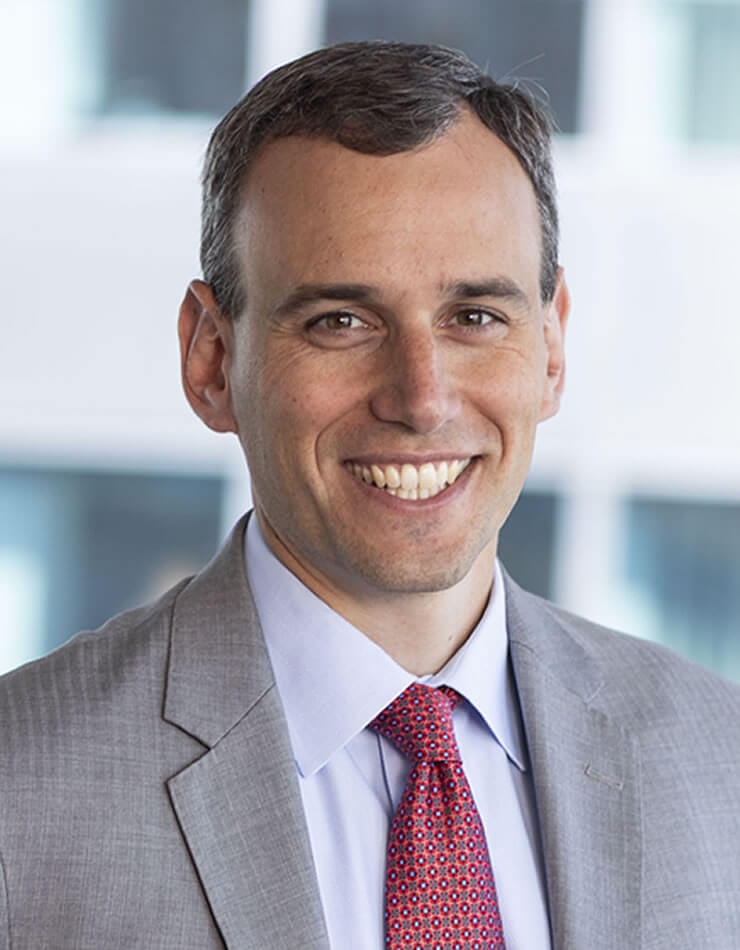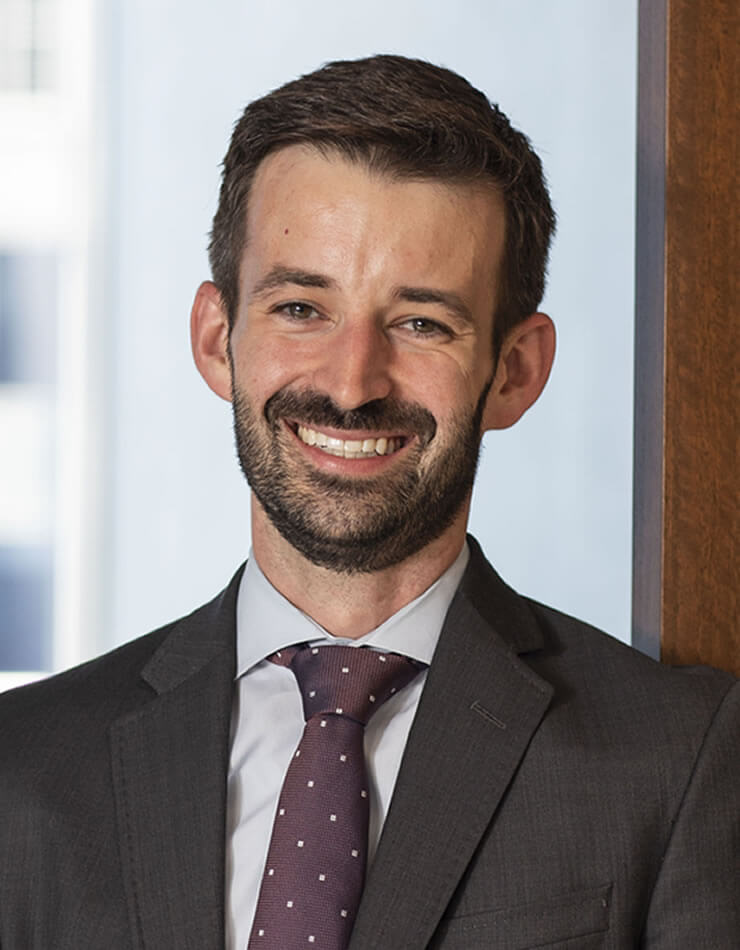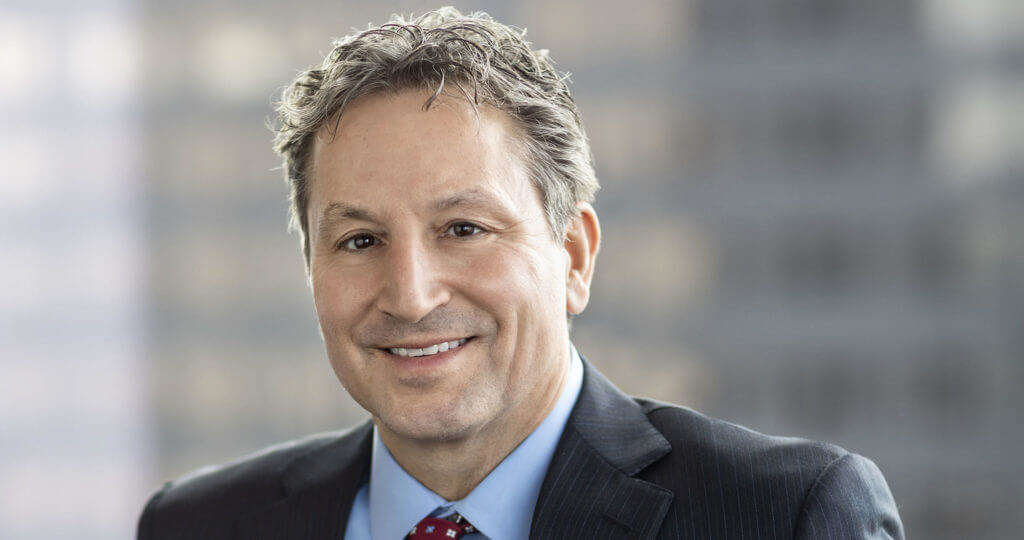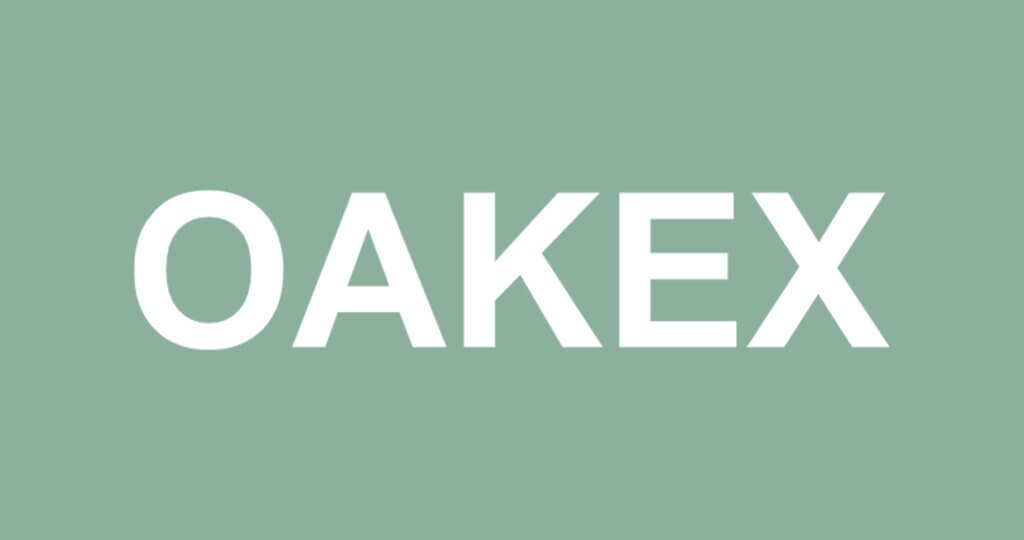Oakmark International Small Cap Fund – Investor Class
Average Annual Total Returns 06/30/18
Since Inception 11/01/95 9.48%
10-year 6.84%
5-year 7.34%
1-year 1.32%
3-month -0.58%
Net and Gross Expense Ratios as of 09/30/17 were 1.36%
Past performance is no guarantee of future results. The performance data quoted represents past performance. Current performance may be lower or higher than the performance data quoted. The investment return and principal value vary so that an investor’s shares when redeemed may be worth more or less than the original cost. The performance of the Fund does not reflect the 2% redemption fee imposed on shares redeemed within 90 days of purchase. To obtain the most recent month-end performance data, view it here.
The Oakmark International Small Cap Fund declined 0.6% for the quarter ended June 30, 2018, slightly outperforming the MSCI World ex U.S. Small Cap Index, which declined 0.9% for the same period. Since the Fund’s inception in November 1995, it has returned an annualized average return of 9.5% per year.
The largest contributor to the Fund for the quarter was U.K.-based IWG, a global flexible workplace provider. IWG’s share price soared in May, following news it had received three separate indicative takeover proposals. The three prospective buyers were given until June 8 to announce a firm intention to make an offer. However, since the May announcement, one of the firms has walked away from the takeover and two new suitors have entered the picture. At the request of IWG, the deadline for offers from these remaining firms has been extended by the U.K. takeover panel twice and the deadline is now July 21. The company currently trades at an attractive discount to our estimate of its underlying value, given its strong returns and attractive growth opportunities. We continue to monitor the takeover situation closely and find IWG to be a compelling opportunity even with the recent share price increase.
The largest detractor from performance for the quarter was Italian-based Azimut Holdings. Azimut offers financial and investment management services through financial consultants in northern and central Italy. In May, the Timone Fiduciaria (a trust composed of Azimut employees) issued a press release indicating that it intended to proceed with its previously announced plan to increase its current 15% stake in the company by up to an additional 10%. In June, the deal completed and the Timone Trust raised enough capital to increase its stake in Azimut to 24%, a transaction which we viewed very favorably. However, investors were displeased with the results from Azimut’s first-quarter earnings report, including selling, general and administrative expenses that were on pace to exceed our estimate for the full-year period. Additionally, the recent Italian elections created uncertainty over investor confidence, which in turn affected Azimut’s cash flows and asset performance. Despite the recent share price weakness, our investment thesis for Azimut remains intact.
We initiated positions in two European-based holdings this quarter—ISS and Duerr. Denmark-based ISS is a global provider of outsourced facilities management services, including catering, cleaning, facility management and property services, directly operating in 44 countries and with the ability to serve more than 70 countries. German-based Duerr is a global mechanical and plant engineering firm consisting of five main divisions. While new to the Fund this quarter, Duerr was previously held in the Fund from approximately 2007 to 2013. Since we last owned the stock, the company completed a value-accretive takeover in October 2014 of HOMAG Group AG—the world’s largest maker of wood processing machines for wood-based furniture. We eliminated positions in Amplifon (Italy), ALS Limited (Australia) and QIAGEN (U.S.) during the quarter.
Geographically, we ended the quarter with approximately 15% of our holdings in Asia, 69% in Europe and the U.K., and 9% in Australasia. The remaining positions are 4% in North America (Canada) and 3% in Latin America (Mexico and Brazil).
We continue to believe the Swiss franc and Norwegian krone are overvalued versus the U.S. dollar. As a result, we defensively hedged 19% of the Fund’s franc exposure and 26% of the krone exposure.
Thank you for your continued confidence and support.
The securities mentioned above comprise the following percentages of the Oakmark International Small Cap Fund’s total net assets as of 06/30/18: IWG PLC 4.2%, Azimut Holding SPA 3.5%, ISS A/S 2.5%, Duerr AG 1.0%, HOMAG Group AG 0%, Amplifon SPA 0%, ALS Ltd 0% and QIAGEN NV 0%. Portfolio holdings are subject to change without notice and are not intended as recommendations of individual stocks.
The MSCI World ex USA Small Cap Index (Net) is designed to measure performance of small-cap stocks across 22 of 23 Developed Markets (excluding the United States). The index covers approximately 14% of the free float-adjusted market capitalization in each country. This benchmark calculates reinvested dividends net of withholding taxes. This index is unmanaged and investors cannot invest directly in this index.
The stocks of smaller companies often involve more risk than the stocks of larger companies. Stocks of small companies tend to be more volatile and have a smaller public market than stocks of larger companies. Small companies may have a shorter history of operations than larger companies, may not have as great an ability to raise additional capital and may have a less diversified product line, making them more susceptible to market pressure.
The percentages of hedge exposure for each foreign currency are calculated by dividing the market value of all same-currency forward contracts by the market value of the underlying equity exposure to that currency.
Investing in foreign securities presents risks that in some ways may be greater than U.S. investments. Those risks include: currency fluctuation; different regulation, accounting standards, trading practices and levels of available information; generally higher transaction costs; and political risks.
The discussion of the Fund’s investments and investment strategy (including current investment themes, the portfolio managers’ research and investment process, and portfolio characteristics) represents the Fund’s investments and the views of the portfolio managers and Harris Associates L.P., the Fund’s investment adviser, at the time of this letter, and are subject to change without notice.
All information provided is as of 06/30/2018 unless otherwise specified.








